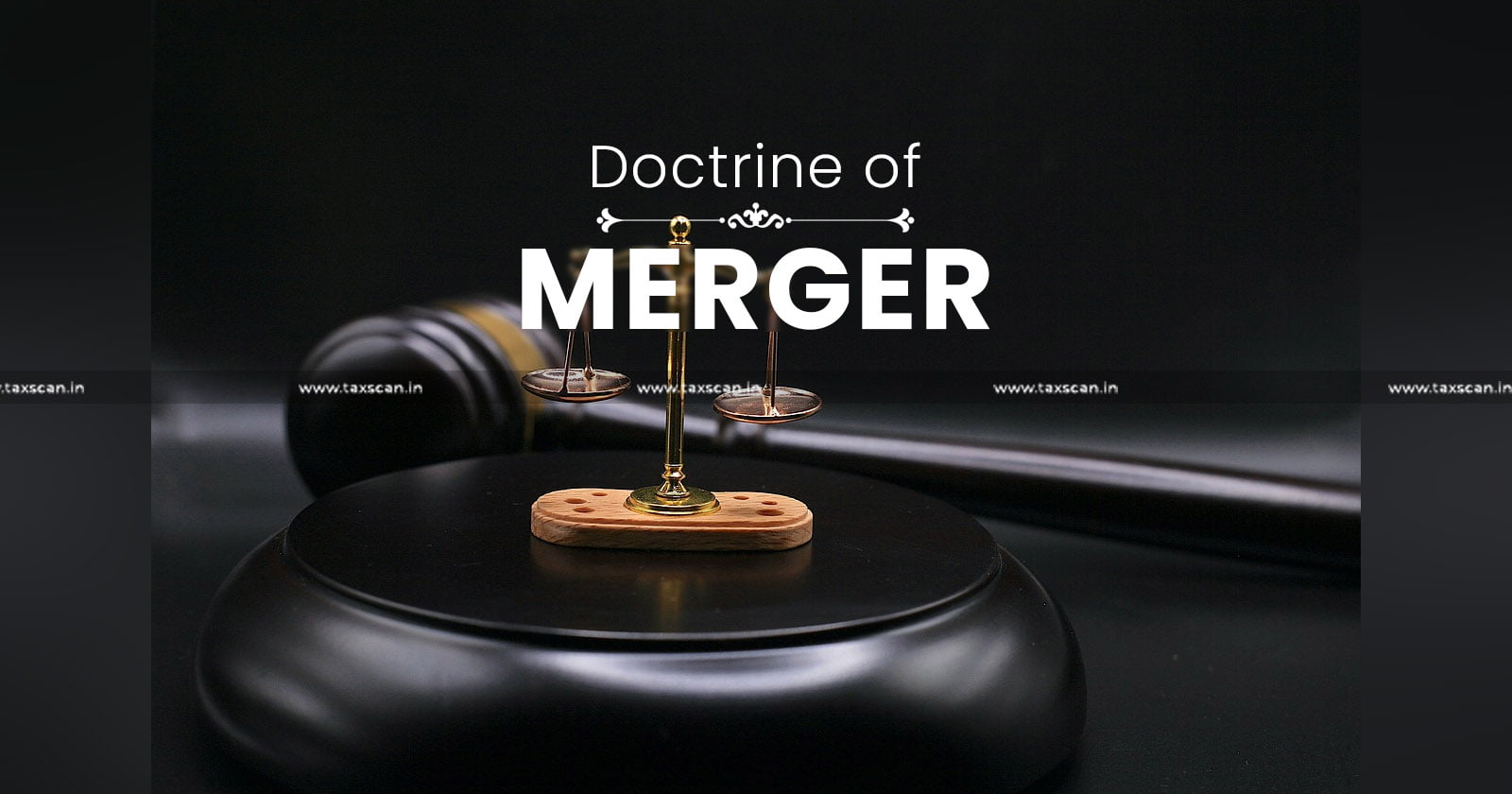Availment of Cenvat Credit on the basis of Ineligible Documents: CESTAT notes denovo orders made by Adjudicating Authority are hit by Doctrine of Merger

The Kolkata Bench of the Customs, Excise and Service Tax Appellate Tribunal (CESTAT), noted that the de-novo orders made by the adjudicating authority are hit by the Doctrine of Merger in the present matter relating to the availment of cenvat credit on the basis of ineligible documents.
The appellant, M/s. Beekay Steel Industries Limited is engaged in the manufacture of TMT bars and rods classifiable under chapter 72 of the First Schedule to the Central Excise Tariff Act 1985. A show cause notice was issued alleging irregular availment of Cenvat Credit on the basis of ineligible documents namely supplementary invoice/debit notes issued by M/s. Tata Steel Ltd. (‘TSL’) in violation of provisions of Rule 3 and Rule 9 of the CENVAT Credit Rules, 2004 during the period January 2009 to December 2013.
The facts of the case as mentioned in the show Cause Notice are that during the course of the audit of the records of the Appellant, it appeared that they availed irregular Cenvat Credit on the basis of invoices/debit notes issued by TSL. It was alleged that such credit was taken without having actually received the goods.
It is the case of the department that such supplementary invoice/debit notes issued by TSL appeared to be not a valid document for the purpose of availing of Cenvat Credit.
Advocate for the appellant argued that merely because the word ‘debit notes’ had been written on the invoice, the Cenvat Credit could not be disallowed as long as they were valid documents in terms of Rule 9 of the Cenvat Credit Rules, 2004. It was further submitted that all the invoices on the basis of which credit had been taken were related to the differential duty due to the cost revision of the goods cleared earlier.
The Tribunal of P.K Choudhary, Judicial Member and K Anpazhakan, Technical Member observed that “The Commissioner in the denovo order which is also the order impugned has recorded that the details of invoices mentioned in the documents submitted by the assessee were matched with the copies of invoices submitted and were found to match. In subsequent paragraphs though he reiterates the specific direction of the Tribunal, but goes on to examine the statutory provisions and has passed the impugned order.”
The Bench further noted that “Under the Doctrine of Merger, the Commissioner was not correct in re-visiting the issue which was already concluded in the remanded matter by the Tribunal, wherein directions were very specific and the Adjudicating authority was only required to examine the Certificate issued by the Senior Manager Accounts (Indirect Taxation) on behalf of TSL since it was not submitted before the Adjudicating authority during adjudication.”
To Read the full text of the Order CLICK HERE
Support our journalism by subscribing to Taxscan premium. Follow us on Telegram for quick updates
M/s. Beekay Steel Industries Limied vs Commissioner of CGST & CX , 2023 TAXSCAN (CESTAT) 459 , Shri Saurabh Bagaria,Shri Indranil Banerjee , Shri S.S.Chattopadhyay

